Remember when rallycross was going to be the ‘next big thing’? It really was, wasn’t it.
Only a few years ago it had manufacturers queuing at the door to get in, with Audi, Citroën, Ford, Peugeot and Volkswagen all giving their blessing either directly or through official support of an established team.
With exciting, high-powered cars competing door handle to door handle in a series of frantic sprint races, it was thrilling to watch and, crucially, straightforward to capture for a TV audience who were bored with processional F1 or didn’t have the time or attention span for multi-day WRC coverage. There were big names too, including multiple champ Petter ‘Hollywood’ Solberg, WRC colossus Sébastien Loeb and the internet-breaking giant that is Ken Block. It’s arrival in the big time was finally announced when it was awarded bona fide FIA world championship status in 2014.
And then just as suddenly as it rose to fame, it fell from grace. The blue-chip manufacturers pulled the plug one by one, each citing slightly different reasons, but scratching beneath the surface revealed an organisation that wasn’t quite on message when it came to the clean and green image that the OEMs were out to foster. The series’ organisers were dithering when it came to committing to an electrified rule book and manufacturers weren’t willing to hang around while options such as Formula E were gaining traction.
Obviously the pandemic hasn’t helped, but the 2020 world championship was a shadow of its former self and even in the US, where rallycross was set to be even bigger, there was dwindling commitment from competitors and fans. And in global terms, 2021 isn’t looking much better, with just seven rounds pencilled in and defending champ Johan Kristoffersson unsure whether he’ll be able to find the budget to compete.
So is that it for rallycross? Of course not. Ever since the first-ever race in 1967 at Lydden Hill, the sport has witnessed its ups and downs. In the UK, it was primetime fodder in the 1970s, then it went on the wane until the WRC’s ferociously fast and recently banned Group B monsters made their way from the stages to the circuits in the late 1980s, encouraging punters to tune in all over again and witness fire-spitting Ford RS200s wage war with howling Metro 6R4s.

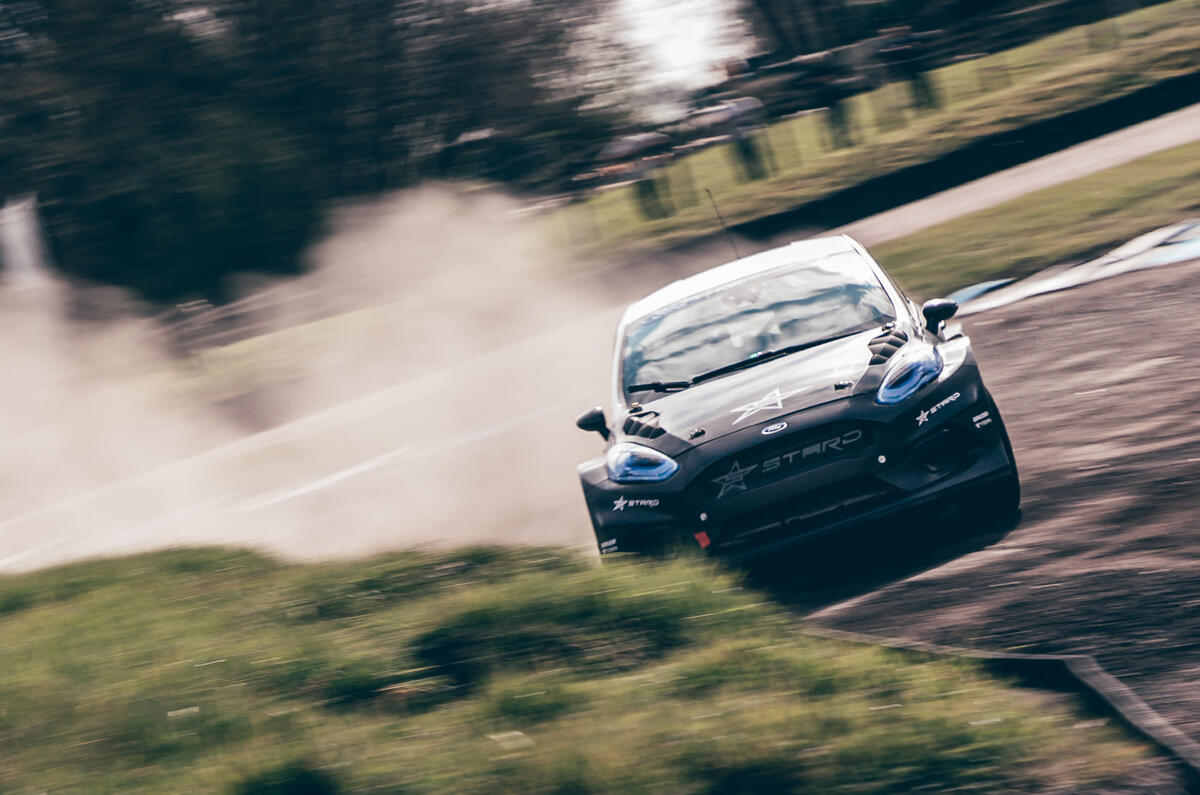
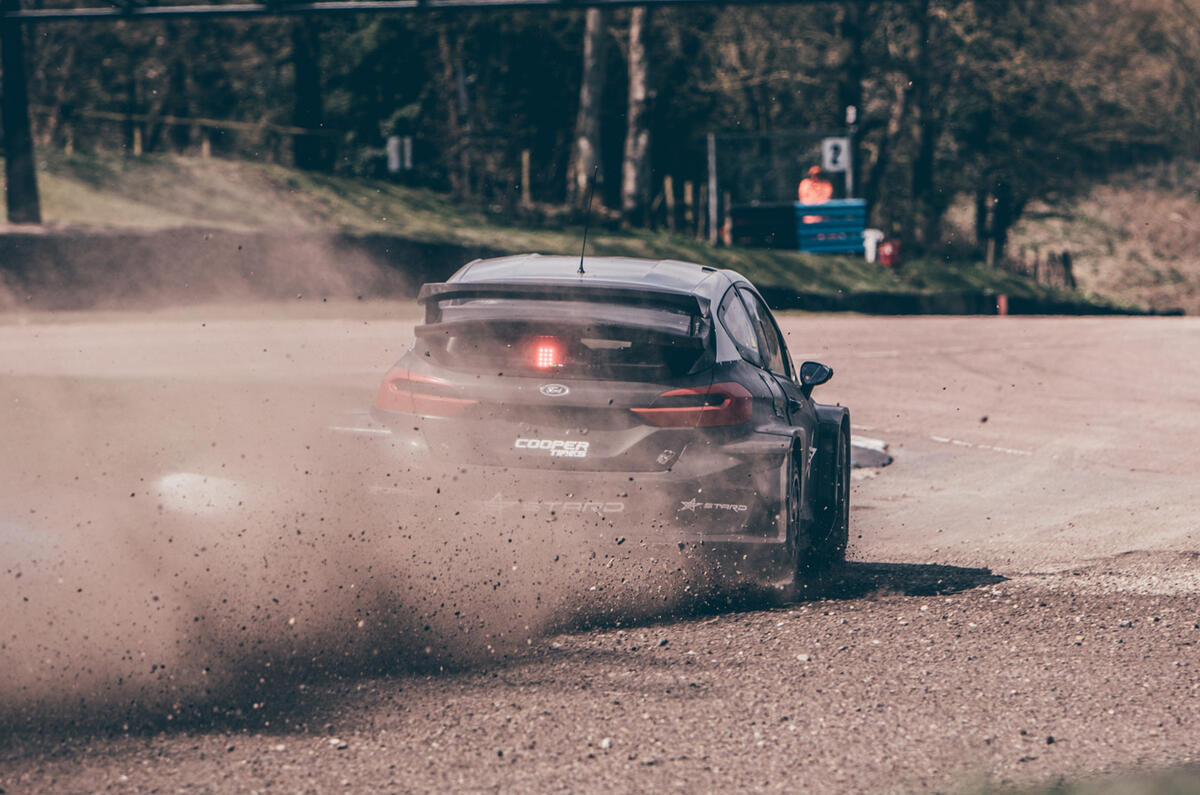
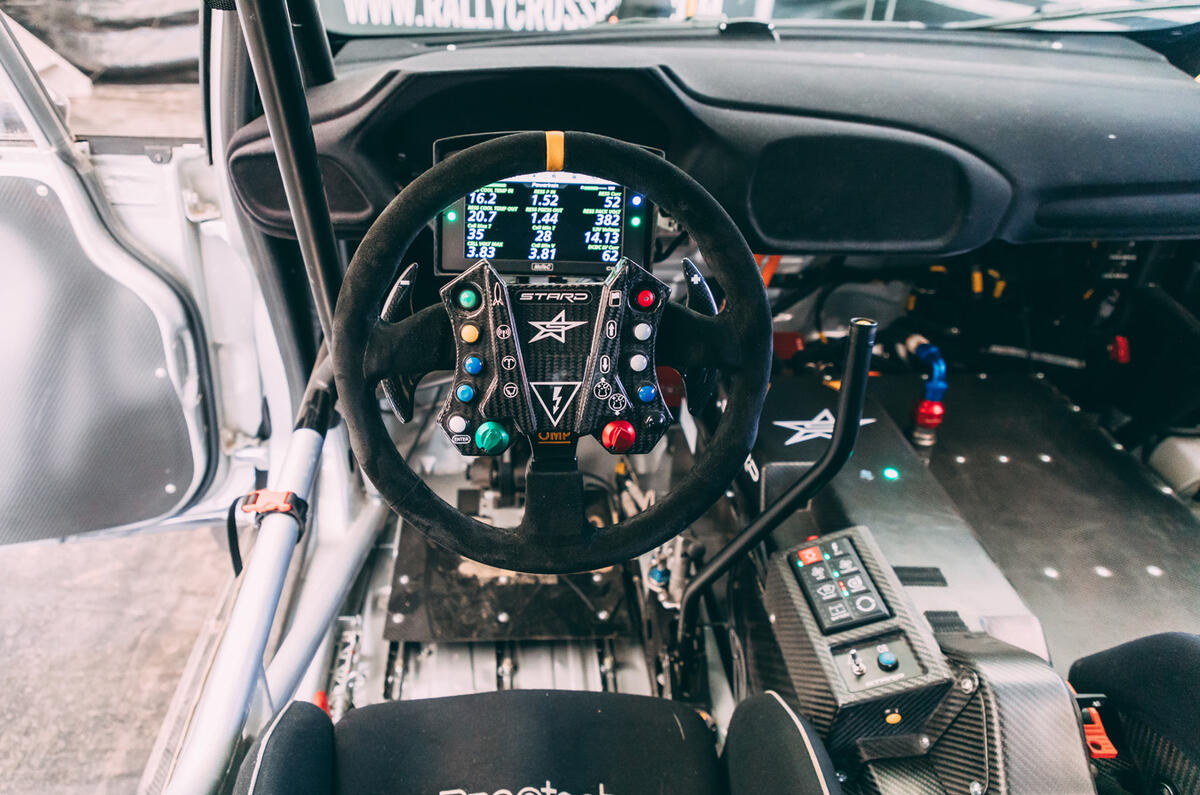
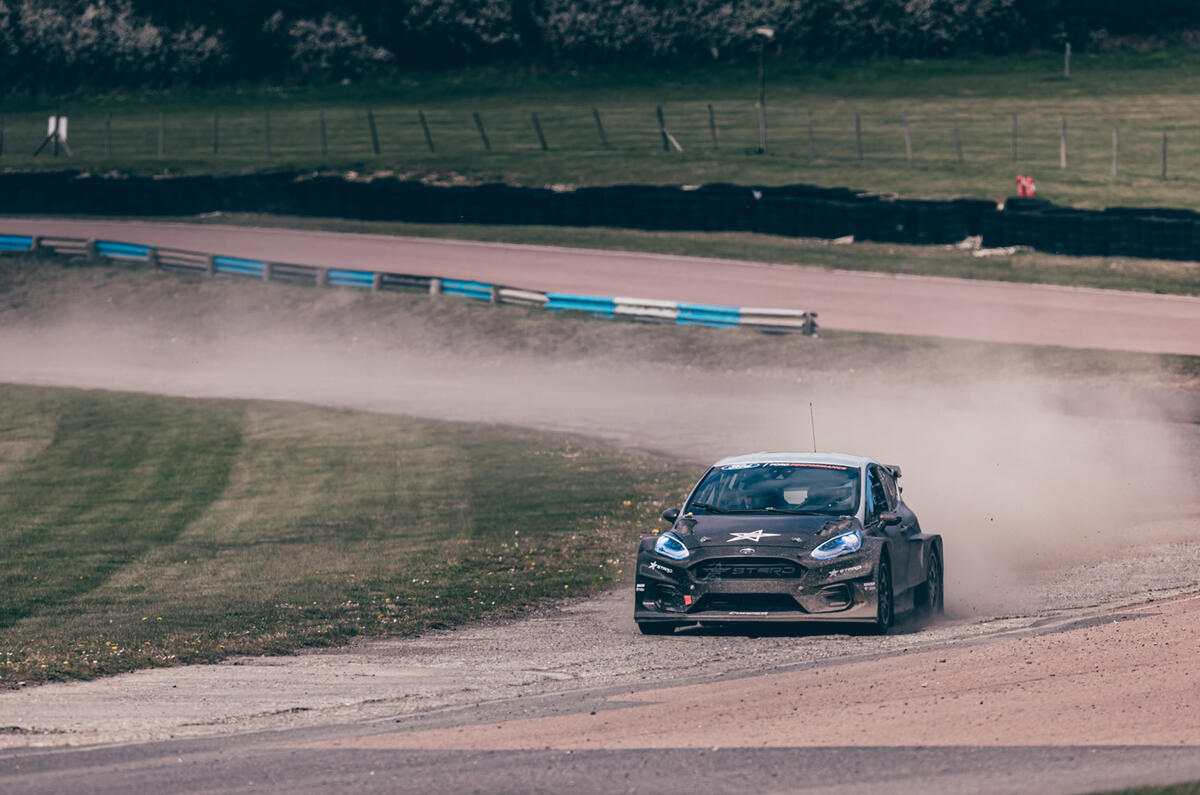

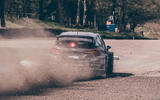

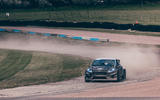

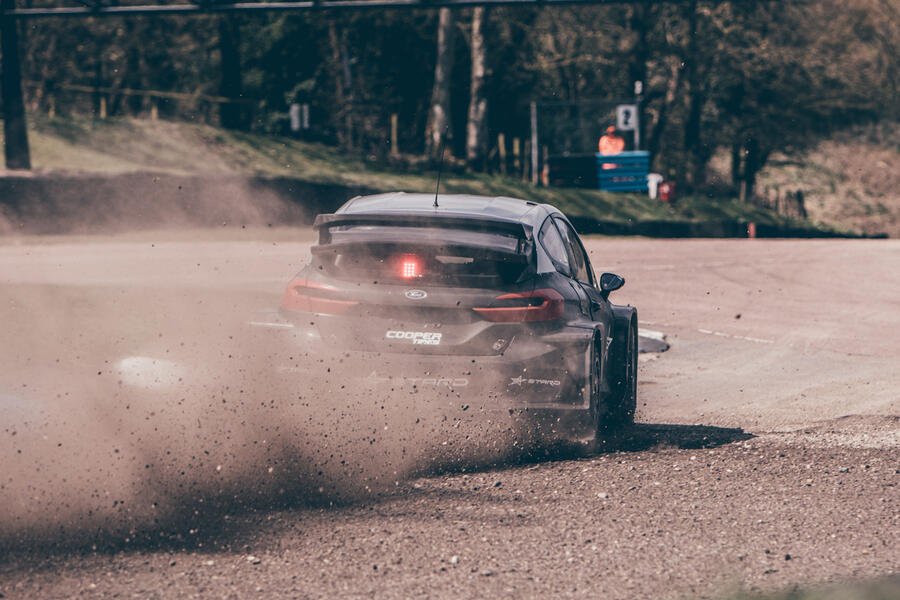
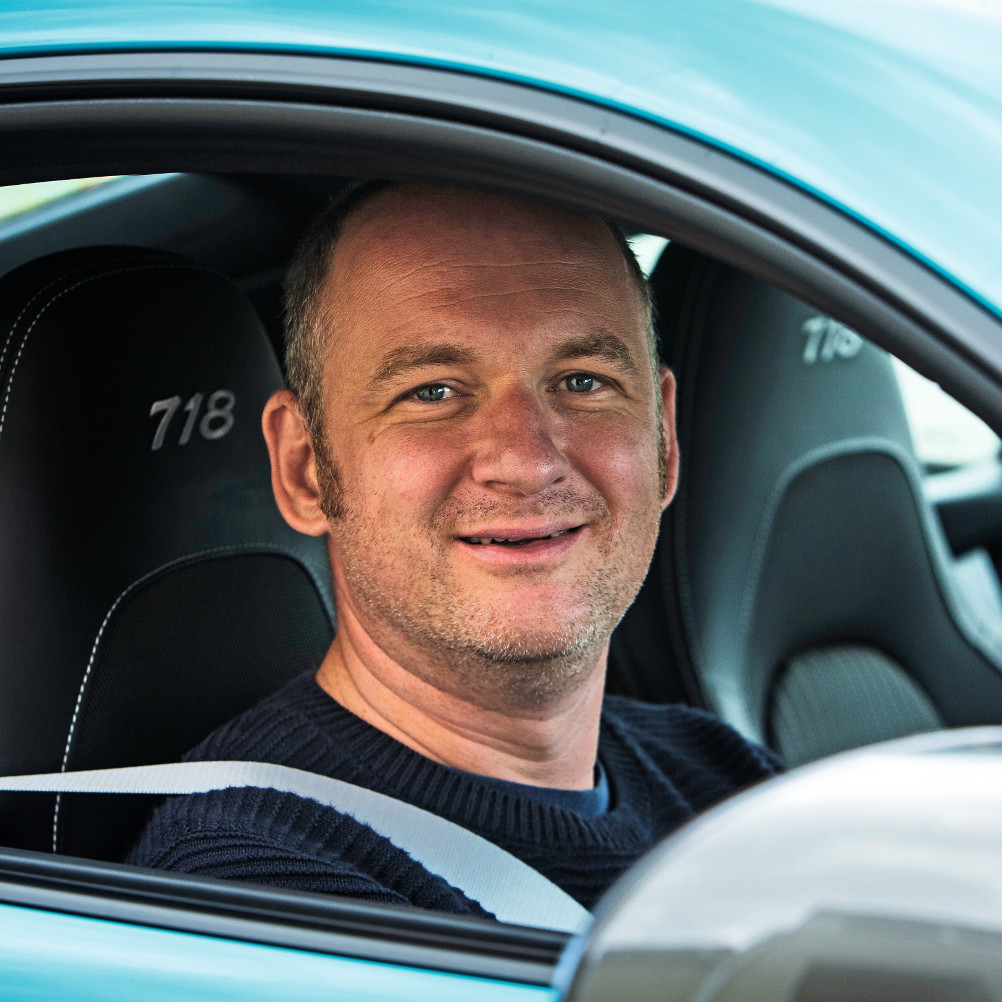




Join the debate
Add your comment
I should state my stance before I start....I detest Electric cars, will never buy one, and will never watch them competing!
Rallycross used to be great in period....there was a huge variety of cars competing and it was exciting TV viewing.
The WRX cars whilst certainly fast all pretty much looked and sounded the same (WRC has similar issue), and therefore quickly became tedious.
The fact that the WRX series is now in the hands of WRC's promoter doesnt fill me with confidence either....WRC being all but invisible now.
Maybe they should run some electric Rally X cars in the programme of a days events. If they run it at lunchtime the petrolheads can wander off to get some lunch while the tech geeks get their fill. We can then wander back to watch the real event preferably with cars from hugely diverse brands rather than a prescribed same old -same old formula which makes the competitors look ......the same!
Rallycross in its hey day had Mini's with around 100 bhp competing against Escorts with 240 bhp and Porsches with 400bhp. Then there were Beetles competing even a mid engined V8 Imp, and the De Rooy brothers two BDA engined Daf 4wd's. It was exciting.
I am not sure EV racing is gaining much traction - I dont know a single person amongst my motorsport friends who bothers to watch FormulaE or the new off road series.
Frankly the noise that these cars emit is just plain annoying, like a wasp buzzing around your head. A Radio Control buggy upscaled!